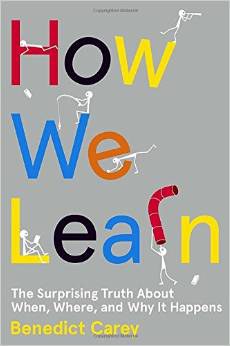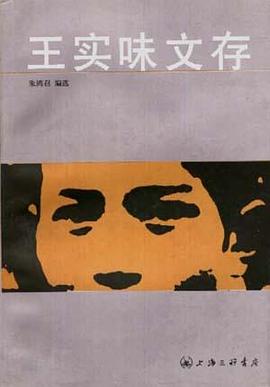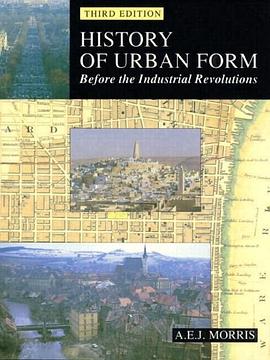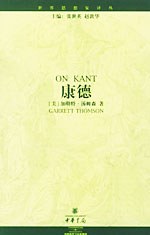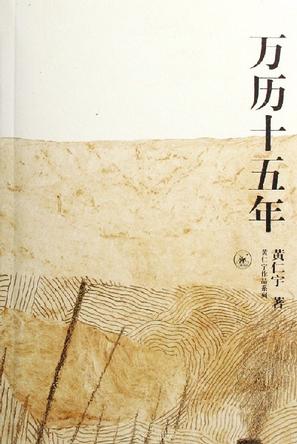How We Learn
内容简介
In How We Learn, award-winning science reporter Benedict Carey sifts through decades of education research and landmark studies to uncover the truth about how our brains absorb and retain information. What he discovers is that, from the moment we are born, we are all learning quickly, efficiently, and automatically; but in our zeal to systematize the process we have ignored valuable, naturally enjoyable learning tools like forgetting, sleeping, and daydreaming. Is a dedicated desk in a quiet room really the best way to study? Can altering your routine improve your recall? Are there times when distraction is good? Is repetition necessary? Carey's search for answers to these questions yields a wealth of strategies that make learning more a part of our everyday lives--and less of a chore.
......(更多)
作者简介
本尼迪克特·凯里(Benedict Carey)
《纽约时报》科学记者,专注健康与科学报道30年,享有殊荣,是《纽约时报》收获读者邮件最多的记者之一。
硕士毕业于西北大学新闻系,投身新闻事业的30年中,持续追踪报道脑科学及认知心理学研究前沿,曾采访过许多著名专家学者,为他们写作专访,并与他们中的很多人建立了友谊。
对学习科学的研究极为感兴趣,一边将这一领域新研究成果变为权威性报道,一边在生活中不断实践,总结出一套颠覆传统的高效学习法,并致力于将这些科学的学习方法传播于世。
......(更多)
目录
Broaden the margins
Basic theory
The story maker: the biology of memory
The power of forgetting: a new theory of learning
Retention
Breaking good habits: the effect of context on learning
Spacing out : the advantage of breaking up study time
The hidden value of ignorance: the many dimensions of testing
Problem solving
The upside of distraction: the role of incubation in problem solving
Quitting before you're ahead: the accumulating gifts of percolation
Being mixed up: interleaving as an aid to comprehension
Tapping the subconscious
Learning without thinking: harnessing perceptual discrimination
You snooze, you win: the consolidating role of sleep
The foraging brain.
......(更多)
读书文摘
学习意味着管理内部规则层级,并尝试尽快推导出能归纳整个系列观察的最普遍原则。
......(更多)
